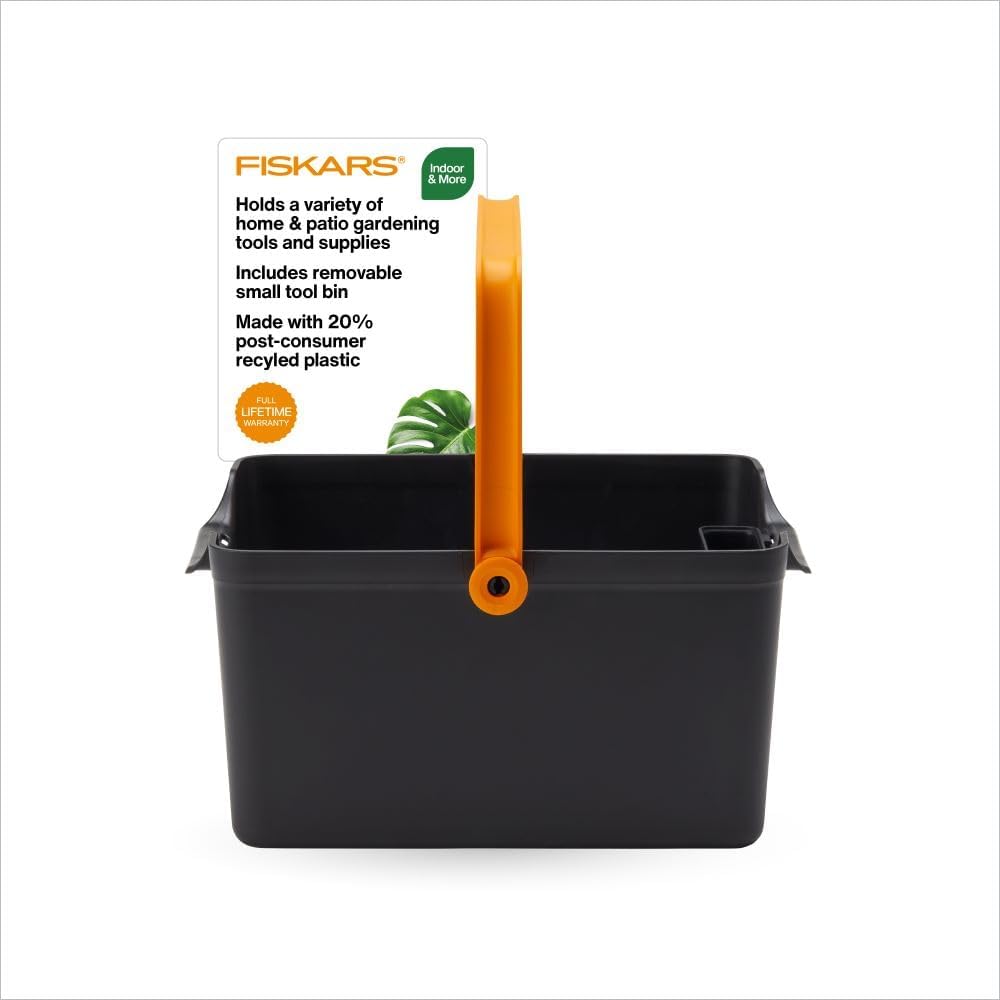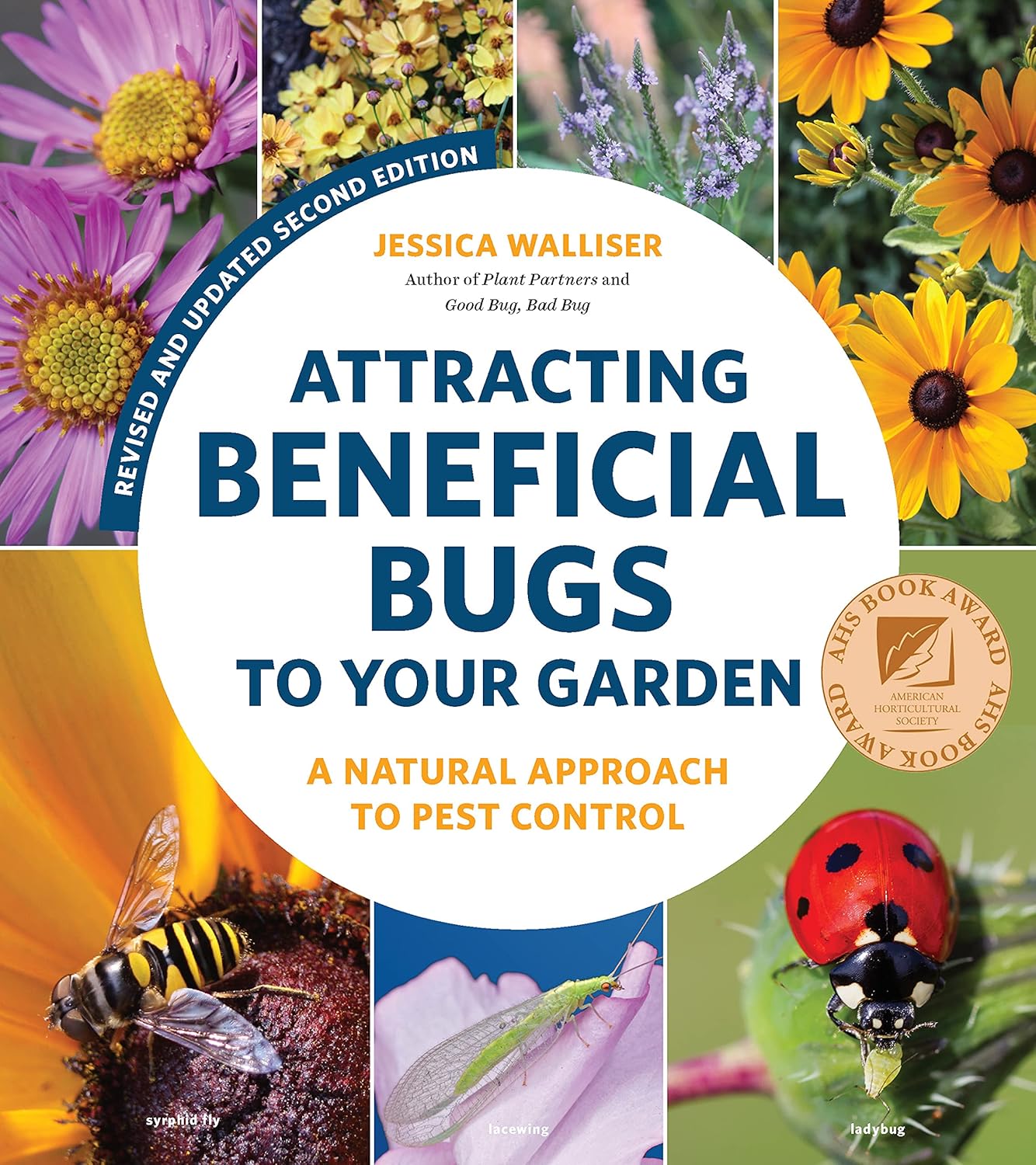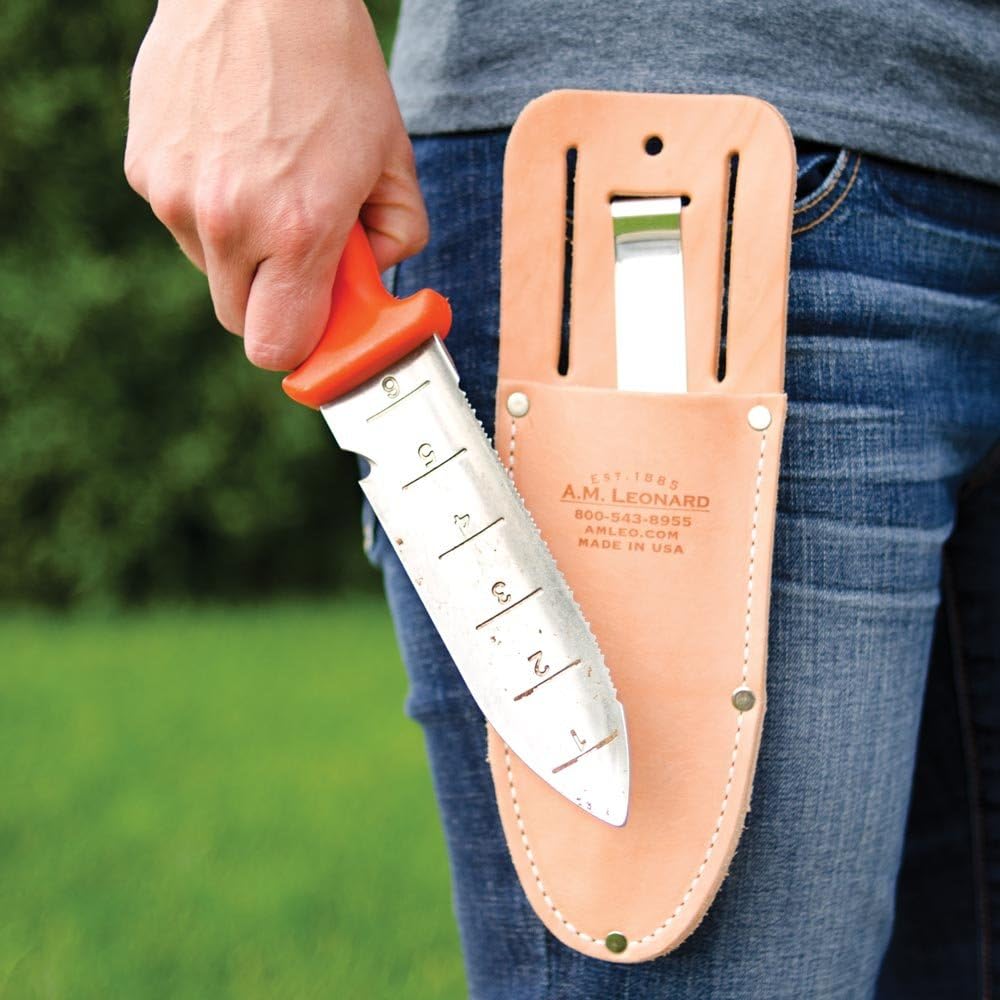
We all know it’s imperative that we have pollinators in our gardens. Bees, butterflies, other insects, and animals help to pollinate our flowers and vegetables so that we can have blooms and food in our gardens. Somehow, one amazing, little pollinator seems to have gotten over-looked and isn’t talked about very much.
The Blue Mason Bee (Osmia lignaria) or Orchard Mason Bee is not only excellent at pollination; he’s fascinating and gentle to have around. He’s a North American native and lives across the United States and throughout Southern Canada. These bees are particularly common to the Pacific Northwest and they pollinate our spring vegetables, fruit trees and flowers.
The Orchard mason is an attractive little guy with his blue-black coloring and metallic sheen. He’s about 1/3 of an inch long with two pairs of wings. They look less bee-like than their cousins and are often mistaken for flies. The male bees are smaller than the females and have a white, hairy face.
What Makes Blue Mason Bees Different?
Blue mason bees act like other bees in that they buzz from flower to flower collecting pollen for themselves and their young. As they go about their business, they are happily pollinating your garden veggies, fruit, and flowers. Blue mason bees are the perfect pollinator if you are a small acreage or suburban farmer that doesn’t want to keep honey bee hives.
These garden helpers are unassuming, non-aggressive, and completely safe to have around your kids and pets. They don’t live in hives; they don’t attack to defend their home, and they don’t make honey. In fact, although they do have a stinger (which is really an egg guide), they rarely use it unless they’re truly pressured like purposely being caught in a person’s hand. So, go ahead and let the kids get up close and personal to get a good look at the bees at work.
Cool Differences Between Blue Mason Bees and Other Bees
The idea of these bees had me so curious, that I did a little searching around. I found out that blue mason bees are solitary in that each female builds her nest by herself. She lays eggs, then seals the nest, and goes about her life. Since there’s no colony or hive, as with other bees (like honey bees or bumble bees), she does this alone. However, Orchard mason bees are attracted to one another so they like to build their nests in a compound situation.
The mason bees have also adapted to cool climates, and can fly about in cold temperatures – even a little rain drizzle doesn’t faze them. Often, you will see them hard at work with pollinating while the honey bees stay inside their hives.
While the mason bee will pollinate nearly anything, they are especially attracted to the stone fruits such as plums, cherries, and peaches. It would seem that they specialize in these plants, but like apple tree blossoms, too. Being solitary by nature, mason bees are shy creatures and, therefore, safe to have around without the fear of being stung. Hey, sign me up!
I also found out that blue mason bees were named because each egg chamber with a tiny “brick” of mud that is used as a divider from the other egg chambers. Hence, “mason” bee.
After learning all of this, I couldn’t order a little mason bee house fast enough.
If you are as intrigued as I am, you can order a cardboard tube mason bee house at Crown Bees. Follow my Western Blue Mason bee adventure.
Fine Gardening Recommended Products

Fiskars Garden Tool Caddy with Removable Small Tool Storage for Indoor and Outdoor Gardening Use, Made with Recycled Plastic
Fine Gardening receives a commission for items purchased through links on this site, including Amazon Associates and other affiliate advertising programs.

Attracting Beneficial Bugs to Your Garden, Revised and Updated Second Edition: A Natural Approach to Pest Control
Fine Gardening receives a commission for items purchased through links on this site, including Amazon Associates and other affiliate advertising programs.

A.M. Leonard Deluxe Soil Knife & Leather Sheath Combo
Fine Gardening receives a commission for items purchased through links on this site, including Amazon Associates and other affiliate advertising programs.



















Comments
Log in or create an account to post a comment.
Sign up Log in